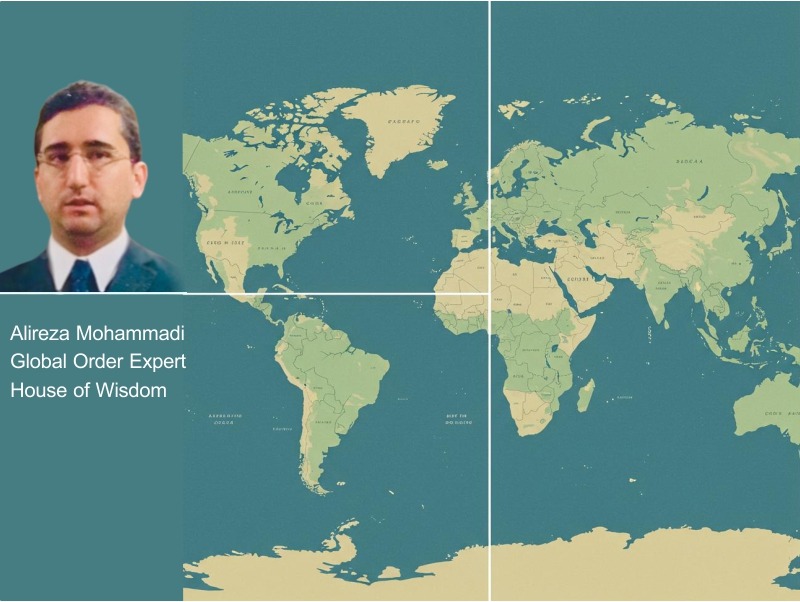
The recent imposition of tariffs by President Donald Trump has introduced significant shifts in the global economic landscape. These measures are influencing trade dynamics, particularly concerning BRICS+ nations and European countries. This analysis explores how these tariffs may consolidate BRICS+ trade relations, create divisions within Europe, and potentially lead to European nations, such as France, considering alignment with BRICS+ in the near future.
- 1. Consolidation of BRICS+ Trade Relations
BRICS+, comprising Brazil, Russia, India, China, South Africa, Iran, Egypt, UAE, KSA, Ethiopia, Indonesia and additional partner countries, has been expanding its influence in global trade. The recent imposition of tariffs by the United States is prompting BRICS+ nations to strengthen their economic ties. For instance, China is actively seeking to enhance its partnerships with Latin American countries, positioning itself as a reliable ally and offering economic cooperation through investments and initiatives like BRICS.
This strategic move by China aims to counterbalance U.S. influence in the region and solidify economic alliances within BRICS+. The collective response to U.S. tariffs is fostering a more unified economic bloc, with member countries exploring alternative trade routes and financial systems to reduce reliance on Western-dominated structures.
- 2. Divisions Within Europe
The U.S. tariffs are creating rifts within Europe, as member states grapple with the economic implications. The European Union (EU) has traditionally been a strong ally of the United States; however, the recent trade measures are prompting European nations to reassess their economic strategies. Some countries are considering developing closer trade relationships with China and other BRICS+ members, seeking to mitigate the adverse effects of U.S. tariffs.
This shift is leading to a reevaluation of traditional alliances and trade agreements, with European nations exploring new partnerships that align more closely with their economic interests and geopolitical considerations.
- 3. Potential for European Countries to Join BRICS+
The evolving trade dynamics and the perceived benefits of aligning with BRICS+ are prompting discussions within Europe about potential membership. Countries like Turkey and Serbia have expressed interest in joining BRICS+, viewing it as a pathway to greater political autonomy and economic growth without the constraints of Western institutions.
While France has not officially expressed intentions to join BRICS+, the shifting global economic landscape and the challenges posed by U.S. tariffs may influence its future foreign policy
decisions. The prospect of joining BRICS+ could offer France enhanced economic opportunities and a more diversified geopolitical alignment.
- 4. Implications for Global Trade and Economic Stability
The imposition of tariffs by the United States is contributing to a more fragmented global trade environment. While some countries are seeking to strengthen ties within BRICS+, others are exploring alternative partnerships to safeguard their economic interests. This fragmentation has the potential to disrupt established trade norms and may lead to the emergence of new economic blocs, challenging the traditional Western-dominated global order.
In conclusion, President Trump’s tariff policies are acting as a catalyst for significant shifts in global trade dynamics. BRICS+ nations are consolidating their economic relations, Europe is experiencing internal divisions, and the potential for European countries to align with BRICS+ is becoming a topic of increasing interest. The next decade will be pivotal in determining how these developments will reshape the global economic and geopolitical landscape.
Alireza Mohammadi
Global Order Expert
House of Wisdom

